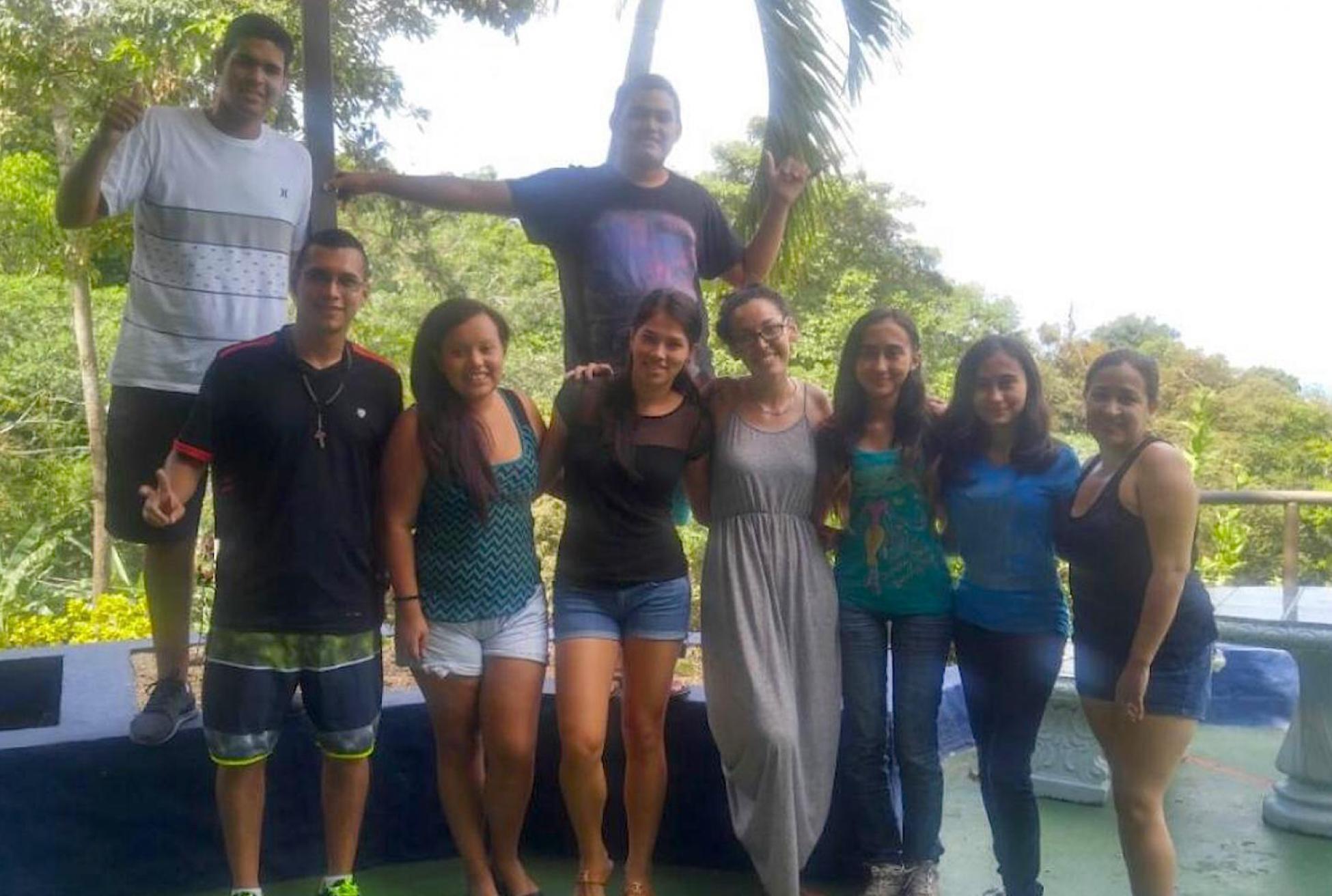There’s a lot of work that needs to be done in your own communities, and unfortunately, people are suffering all over the world, even in those “developed” countries. However, if you’re already on a journey around the world, volunteering is a fantastic way to connect with the local people, involve yourself in cultural exchange, and the perfect opportunity to give back the country hosting you.
When I decided to complete my TEFL certification in Costa Rica, I did so with the intention of finding a paid teaching position to support myself while travelling. Soon after graduating, I learned about a volunteer position teaching English that would provide accommodations and three meals per day. I thought, “What else do I need?” So, I took the offer, without realizing all the real benefits until I began my volunteer journey.
For four weeks, I worked with a group of eight students at an intermediate English level. The students showed up every day, on time, even after long nights of work or school the night before. They were dedicated to learning English as most of them worked in the tourism industry, or wanted to help to expand their family business. Having such serious students made me want to be the best teacher possible. For four weeks, I was their only resource for learning English, even though there was a language institute situated just across the road—my students couldn’t afford the tuition.
Our education was always free and learning a second language was a requirement we took for granted.
This made me think back to my experience in public school. So often, we played hooky, cut class and disobeyed the teachers, not once thinking that we wouldn’t have the opportunity to get it right the next day. Our education was always free, learning a second language was a requirement we took for granted, and every day we expected the same teacher to continue with the lesson from the day before. Those four weeks filled me with an overwhelming sense of gratitude.
Little by little, I began learning about my students’ daily lives as local people. We based lessons on topics such as “What is your favourite hobby?” to teach gerunds, and “If you could visit any country, where would you go?” to teach vacation vocabulary. I learned about their likes and dislikes, their families, what they did for fun, and their favourite places to visit around town. And then I checked out those same places for myself to gain a deeper perspective.
In exchange, they were eager to learn about me and my life. Every question I threw at them was thrown right back utilizing the correct tenses. I showed them pictures, and recounted memories of growing up in New York City. I described the beauty walking over the Brooklyn Bridge and the madness of Times Square—and then I realized that unlike me visiting their favourite places, they will probably never have the opportunity to see mine. And again, gratitude overwhelmed me.
I thank the people of Costa Rica for their hospitality, their openness, and kindness for sharing their culture, language, and compassion. Teaching English proved to be just the exchange I needed to say thank you for all I’ve been blessed to experience in this beautiful country.

